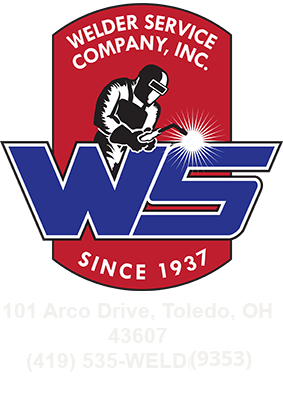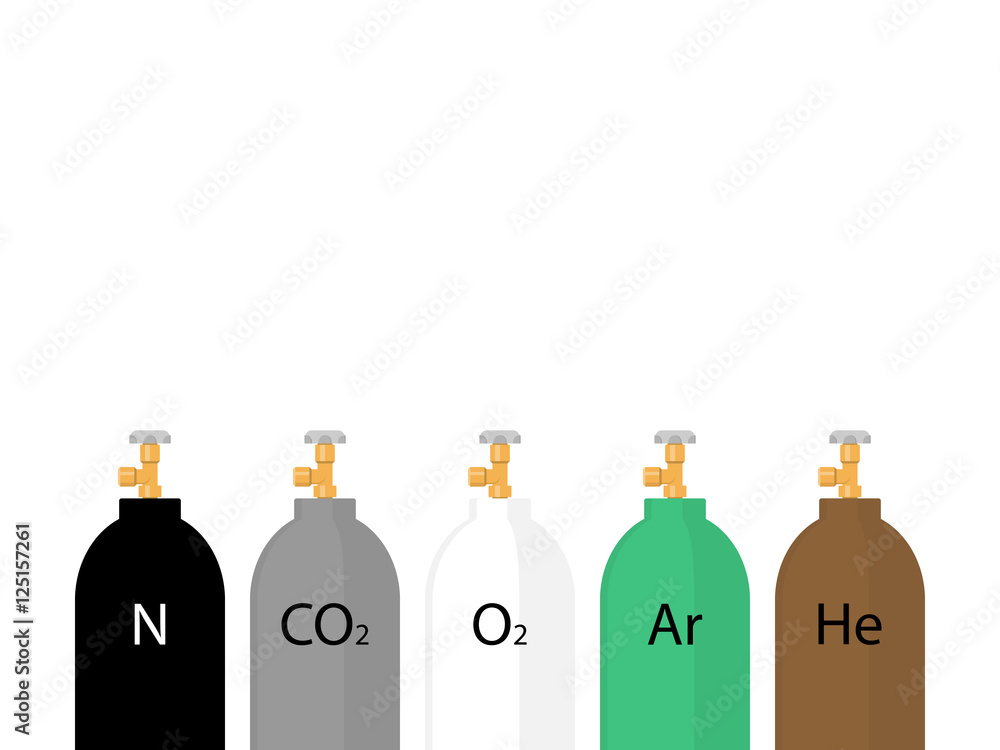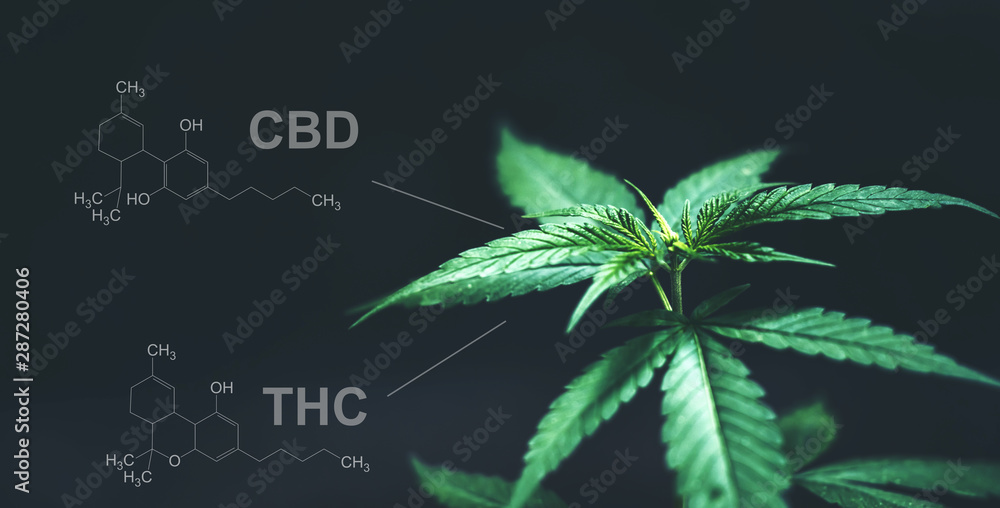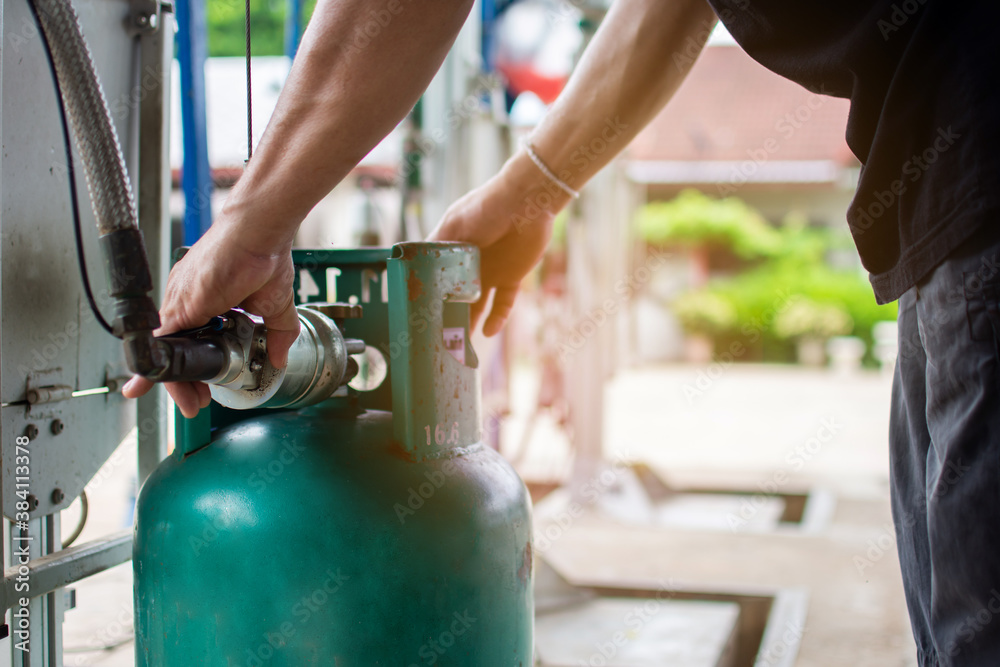Quality Extractions is providing two types of solvents to the industries and laboratories.
Liquefied hydrocarbons
Welder Service is Toledo’s Source for Extraction Products
We use low-pressure cylinders that are fitted with educator tubes so that the material is safely delivered in a liquid phase at the point of use.
What Extraction product is best for you?
Butane Products (link to below)
Propane Products (link to below)
Isobutane Productsf (link to below)
Custom Hydrocarbon Blends (link to below)
Custom hydrocarbon blends containing butane, propane, and isobutane are often used in low-pressure cylinders designed with dip tubes to deliver the gas in a liquid phase. These blends are commonly used in various applications like camping stoves, lighters, heaters, and some types of vehicle fuels.
Here’s how custom hydrocarbon blends work:
Low Pressure: The cylinders are engineered to maintain low pressure suitable for storing liquefied gases. At room temperature, these gases remain in a liquid state under moderate pressure.
- Dip Tubes: Dip tubes extend from the top to the bottom of the cylinder. When the valve is opened, it allows the gas to escape through the dip tube. The gas escapes as a liquid due to the pressure within the cylinder.
- Liquid Phase Delivery: As the gas exits through the dip tube, it experiences a pressure drop, causing a portion of the gas to vaporize and leave the cylinder in a gaseous form. However, due to the low pressure within the cylinder, the majority of the gas remains in its liquid phase until it exits the cylinder.
- Applications: The use of these hydrocarbon blends in liquid phase enables their use in various applications. For instance, in a camping stove or a lighter, the liquid fuel vaporizes upon exposure to air and mixes with oxygen, creating a combustible gas that can be ignited for heating or lighting purposes.
- Regulation: The pressure and composition of these blends are carefully regulated to ensure safe usage and efficient functioning of the devices they are intended for.
These blends are favored because they are easily transportable in their liquid state, offering higher energy density compared to gases alone. However, safety precautions must be taken due to the flammability of these hydrocarbons.
Using custom hydrocarbon blends in low-pressure cylinders with dip tubes:
- Composition Variations: The specific composition of the hydrocarbon blends can be adjusted based on the intended application. For example, blends used in camping stoves might differ from those used in lighters or other industrial applications. The ratio of butane, propane, and isobutane can be tailored to achieve desired properties like vapor pressure, energy content, and ease of use.
- Temperature Sensitivity: The behavior of these blends can be temperature-sensitive. At higher temperatures, more of the liquid can vaporize within the cylinder, potentially increasing the pressure. Conversely, at lower temperatures, the vapor pressure might decrease, affecting the ease of vaporization and subsequent combustion.
- Regulatory Compliance: Due to safety concerns associated with handling flammable gases, regulations govern their production, transportation, and storage. Standards are in place to ensure that these cylinders and blends comply with safety protocols to mitigate risks of leaks, fires, or explosions.
- Efficiency: The use of liquid-phase delivery in these cylinders can enhance efficiency. The liquid form allows for a denser storage of the fuel compared to the gaseous form, maximizing the amount of fuel that can be stored in a confined space.
- Consumer Considerations: End users typically need to handle these cylinders and fuels with care. Instructions and warnings are often provided to ensure safe handling, storage, and use. This includes guidelines on proper ventilation, avoiding exposure to high temperatures or flames, and correct storage positions for the cylinders.
- Environmental Impact: These hydrocarbon blends, if released into the environment, can contribute to air pollution and, in the case of leaks or improper disposal, might have negative ecological impacts. Hence, proper disposal methods and precautions are essential.
Overall, the use of these hydrocarbon blends in low-pressure cylinders with dip tubes provides a versatile and efficient means of storing and utilizing energy in various applications. However, ensuring safety measures and compliance with regulations are crucial considerations in their production, distribution, and use.
These solvents—200 proof ethanol, 710 solvent (which is often a highly refined and purified butane), heptane, pentane, hexane, methanol, isopropyl alcohol, and acetone—are commonly used as cleaning solvents in various industries, including extraction processes.
Here’s how they are typically utilized:
- 200 Proof Ethanol: Known for its purity, it’s often used in pharmaceutical and food industries for extraction, purification, and as a disinfectant due to its ability to dissolve a wide range of compounds.
- 710 Solvent (Refined Butane): Used in extraction processes, particularly in the production of cannabis concentrates, where it acts as a solvent to extract cannabinoids and terpenes from plant material. Its high purity ensures minimal contamination in the extraction process.
- Heptane, Pentane, Hexane: These hydrocarbon solvents are often used in laboratory settings for various extractions due to their ability to dissolve a wide range of compounds. They’re also used in industrial cleaning processes for their quick evaporation rates.
- Methanol: Commonly used as a solvent and cleaning agent, particularly in laboratories. It’s also utilized in industrial processes for its solvent properties.
- Isopropyl Alcohol: Widely used in cleaning applications due to its ability to dissolve a range of non-polar compounds. It’s a common household disinfectant and is utilized in industries requiring rapid evaporation.
- Acetone: Known for its ability to dissolve many plastics and synthetic fibers, acetone is widely used as a cleaning solvent in laboratories and industrial settings. It’s also used in nail polish removers and paint thinners.
Emphasis on the high purity and zero contaminants in the gases used for extraction is crucial. Contaminants in these solvents could significantly impact the quality and safety of the final product. Additionally, our proprietary cleaning process, capable of removing 99 percent of black particles, further ensures the purity and cleanliness of your extraction solvents, contributing to the quality and safety of the end products. This commitment to purity and cleanliness is essential in industries where even small traces of contaminants can have significant effects on the final product.
BUTANE
Our 99.5+% Superior Extraction Pure Butane aids in the production of high-quality extracts. Butane is a colorless, odorless, clean gas.
Available in cylinder sizes ranging from 20lbs to half-ton cylinders. We can arrange for bulk deliveries.
Butane is a solvent used in closed-loop extraction systems to create butane hash oil (BHO). Given that butane has a low boiling point of 30.2 degrees Fahrenheit, the extractor can extract large amounts of material at once without high temperatures degrading the product. Once the solvent has done its’ job, it is pulled off as a vapor which can be dropped back to liquid phase by chilling so it can be used again.
Properties:
• 99.5% pure butane
• Boiling point: 30.2°F (-1°C)
• Melting point: -216.4°F (-138°C)
• Vapor pressure: 17 psig at 70°F (21.1°C)
• Molecular formula: C4H10
• CAS Number: 106-97-8
PROPANE
Our 99.5+% Superior Extraction Pure Propane aids in the production of high-quality extracts. Propane is a colorless, odorless, clean gas.
Available in cylinder sizes ranging from 20lbs to half-ton cylinders. We can arrange for bulk deliveries.
Propane is a solvent used in closed-loop extraction systems to create propane hash oil (PHO). Given that propane has an extremely low boiling point of -43.6 degrees Fahrenheit, the extractor can extract large amounts of material at once without high temperatures degrading the product. Once the solvent has done its’ job, it is pulled off as a vapor which can be dropped back to liquid phase by chilling so it can be used again.
ISOBUTANE
Our 99.5+% Superior Extraction Pure Isobutane aids in the production of high-quality extracts. Isobutane is a colorless, odorless, clean gas.
Available in cylinder sizes ranging from 20lbs to half-ton cylinders. We can arrange for bulk deliveries.
Isobutane is commonly used to extract chemicals from cannabis. With isobutane’s low boiling point of 10.4 degrees Fahrenheit, it is easy to selectively extract trapped residual solvent. Once the solvent has done its’ job, it is pulled off as a vapor which can be dropped back to liquid phase by chilling so it can be used again.• CAS Number: 75-28-5
Properties:
• 99.5% pure isobutane
• Boiling point: 10.4°F (-12°C)
• Melting point: -255.3 °F (-159.6 °C)
• Vapor pressure: 29 psig at 70°F (21.1°C)
• Molecular formula: C4H10
• CAS Number: 75-28-5
CUSTOM HYDROCARBON BLENDS
The 70% butane and 30% propane blend is the most popular among cannabis extractors. When compared to 100% butane extraction, this combination allows the solvent to extract a broader terpene profile and a lighter color of butane hash oil (BHO). We use high-purity, 99.5% butane and propane for our 70/30 mix.
Properties:
• 99.5% pure butane mixed with 99.5% pure propane
• Boiling point: -5.8°F (-21°C)
• Molecular formula for Butane: C4H10
• Molecular formula for Propane: C3H8
• Vapor pressure: 45 psig at 70°F (21.1°C)
• CAS Number for Butane: 106-97-8
• CAS Number for Propane: 74-98-6
*Quality Extractions Group, LLC
Call Us at 419-535-WELD (9353) We can assist your extraction operation!



![delivery[1]](https://clientmedia.zbtechgroup.com/wp-content/uploads/sites/8/2023/11/1000_F_123571072_3ueDs1M3avEWSloqlWR78L9bzyqYIg0C.jpg)
![delivery[1]](https://clientmedia.zbtechgroup.com/wp-content/uploads/sites/8/2023/11/1000_F_623991642_fBXtk5k8xmf5zL7mBFaj2wMVaVJH5mz7.jpg)


